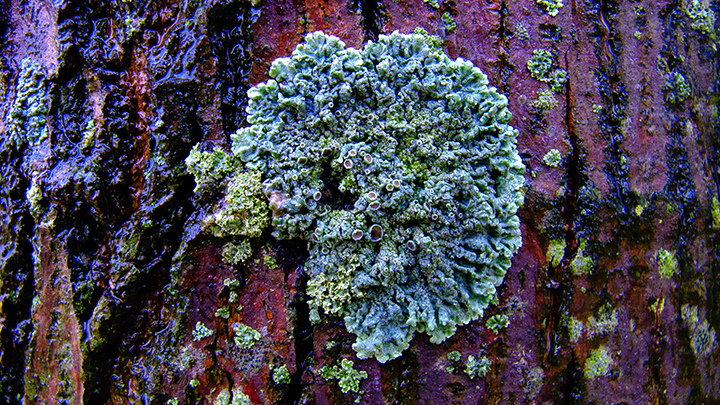
Presidential campaigning is in full swing here in the U.S. And the concept is also being tried for the first time in a number of new venues across the globe, including Egypt, Tunisia, Libya, Russia, parts of South America and Africa, and even within some countries in southeast Asia and its neighboring islands. Such a tricky, tricky state of flux. Intellectually, the educated populace knows what the objective is: peaceful reconciliation of differences and the establishment of a pact to work together for the common good. But, emotionally, the game is about winning, crushing the opposition. The two games are decidedly different. One is about inclusion, cooperation, symbiotic co-existence. The other is about power, influence, profit, exploitation, and triumphant domination. Oddly, they both fly the flag of democracy. But, how can this be true? How can this be healthy? Social psychology tells us that people willingly huddle together, despite differences, when faced with a superordinate threat. Prime examples of that fact occurred in both Egypt and Libya last summer and fall, wherein many differing groups, groups who have been at odds with each other for centuries, banded together to overthrow a mutually hated and feared oppressor. Within the U.S., Republicans are similarly finding political currency pointing to the trumped up threats of gay marriage, legalized abortion, illegal immigration, and President Obama branded as "socialist" and advocate of huge national debt. The problem with tribalism is that it only holds people together as long as there is an external threat. It is entirely based on fear. It does not appeal to any other human emotion, aspiration, or potential. And once that threat fades, as has happened in Egypt and Libya and even Iraq, there is precious little to bind people together. In fact, people begin to resurrect previous reasons to fear and hate one another. There is no sense of community, wherein each feels responsible for one's neighbor's health and safety as if one were dealing with one's own health and safety, wherein there are shared goals and institutionalized mechanisms for achieving those goals, wherein there is a shared sense that each and every citizen is earnestly working together toward mutual gain and sustainability. In contrast, tribalism fosters suspicion and the fatalistic attitude that one must watch out for one's self, instead of for the collective good. The result is a society of individuals bent on exploiting whatever is going on around them in any way they can with little thought to consequence. Witness the rise of corruption in nearly every fledgling democracy. Tribalism is so basic to humankind that one might wonder if there are any realistic viable alternatives, despite what philosophers like Jesus, Gandhi, and Martin Luther King, Jr. have tried to teach us. There are. Nature, in fact, provides us with a multitude of alternative models. Take, for instance, the humble lichen pictured above. Lichens may exist on the bark of a tree, but they are not malignant parasites. In fact, they do little to harm the tree. They merely anchor themselves there. Lichens are actually two different life forms working together in symbiotic co-existence. The outward crust is a fungus whose main function is to absorb water and nutrients from the surrounding air. Underneath the protective curst are algae or cyanobacteria. The alga/cyanobacterial cells function to gather energy from the sun through photosynthesis which results in sugars they then share with the fungi. In turn, the fungi share the moisture and nutrients that they absorb. The two colonies of organisms do not make war with each other. They do not overexploit each other, driving each other out of existence. They do not try to convert each other to their own ways. They are not even at war with the trees and rocks upon which they anchor themselves. What they enjoy is a symbiotic cooperative co-existence that has provided viability to both for millions of years. Democracy is meant as an institutional mechanism by which people can forge peaceful, cooperative, symbiotic relationships with one another, by which they can formulate, direct, and regulate individual and cooperative activity toward mutually shared goals and benefits. It is a mechanism by which community can be formed and maintained, community whose member citizens want to belong and participate because of the benefits membership affords. Unlike tribalism, the desirability of membership in a well functioning democratic community has little to do with fear and everything to do with the enjoyment of shared riches. But, unfortunately, as we can see across the globe today, the desirability and benefits of membership in participatory democracy seem to be fading in the minds of many as the tribal drums of fear begin to pound in their ears. Will democracy survive? Will humans find a way to cooperate with one another in sustainable harmony with their environment? Or, will the drums of tribalism succeed in whipping the world's populations into self-destructive frenzy. We shall see. We shall see. |
• Posted: Jan 29, 2012 16:55:39
• Comments Welcome
• Vote CoolPhotoblogs
• Purchase a Print
• Share
Thursday, January 26th, 2012 New Paris OH USA |